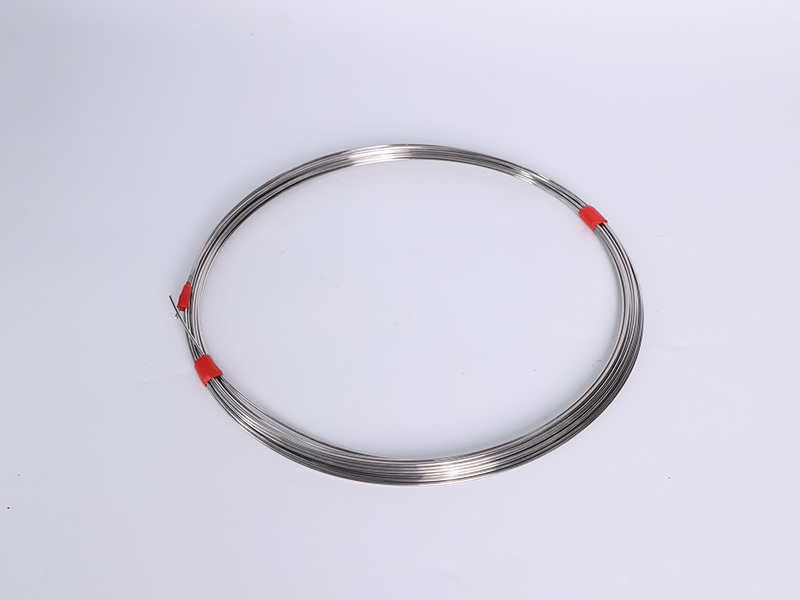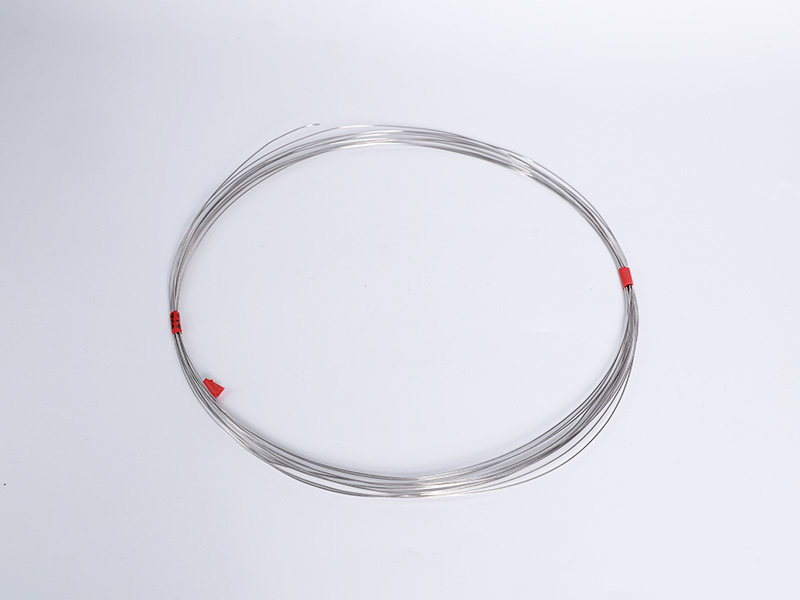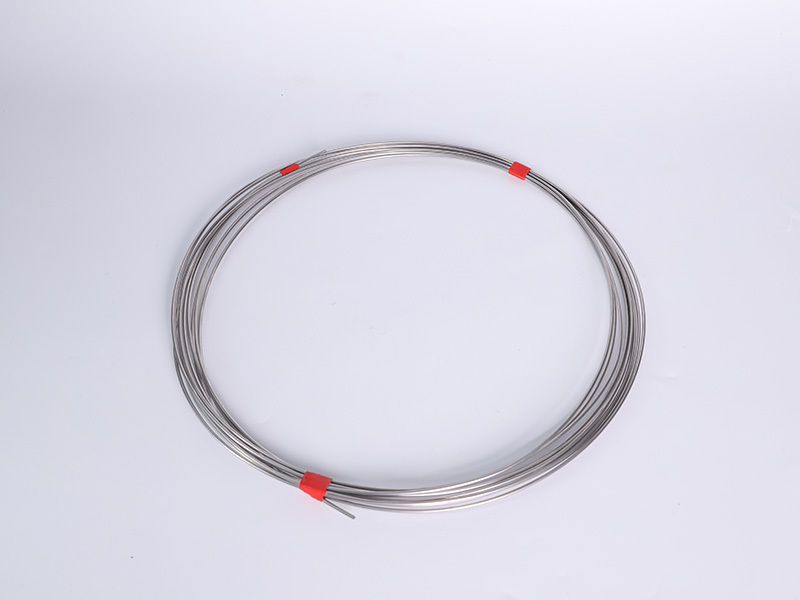
4J36 Produce precision alloys
We provide high quality precision alloys, high-temperature alloys, corrosion-resistant alloys, light source materials, high-strength molybdenum wires, titanium alloy feeders, and other series of products.
Series:
- Product Description
-
- Commodity name: 4J36 Produce precision alloys
New brand Old brand Chemical composition (mass fraction)/% C Si Mn P S Cr Ni Mo Co Cu AI Fe other elements 4J328 4J34 0.03 0.3 0.5 0.02 0.02 - 28.5~29.5 - 19.5~20.5 - - margin - 4J329 4J29 0.03 0.3 0.5 0.02 0.02 0.2 28.5~29.7 0.2 16.8~17.8 0.2 - margin The content of Al, Mg, Zr, and Ti should not exceed 0.10 each, and their total content should not exceed 0.20 4J332 4J32 0.05 0.2 0.2~0.6 0.02 0.02 - 31.5~33.0 - 3.2~4.2 0.40~0.80 - margin - 4J332A 4J32A 0.05 0.1 0.4 0.02 0.02 - 32.0~34.5 - 3.5~4.5 - - margin Nb:0.20~0.30 4J336 4J36 0.05 0.3 0.2~0.6 0.02 0.02 - 35.7~37.0 - - - margin - 4J342 4J42 0.05 0.3 0.8 0.02 0.02 - 41.0~42.5 - 1.0 - 0.1 margin - 4J343 4J43 0.10 0.3 0.75~1.25 0.02 0.02 - 41.0~43.0 - - - - margin - 4J352 4J49 0.05 0.3 0.4 0.02 0.02 5.0~6.0 46.0~48.0 - - - - margin B:0.03 4J350 4J50 0.05 0.3 0.8 0.02 0.02 - 49.5~50.5 - - - 0.1 margin - Precision alloys are a cornerstone in modern engineering, revered for their exceptional properties that make them indispensable across a multitude of industries. These alloys are meticulously crafted through a combination of advanced metallurgical techniques and strict quality control processes to ensure consistent performance and reliability.
One of the key defining features of precision alloys is their high level of accuracy in physical and mechanical properties. Whether it's electrical resistivity, thermal expansion coefficient, or magnetic permeability, these alloys can be engineered to meet extremely precise specifications. This makes them ideal for applications where minute variations can have a significant impact on the overall functionality of a device or system. For instance, in the electronics industry, precision alloys are used to manufacture components such as resistors and connectors, where stable electrical properties are crucial for the proper operation of electronic circuits.
Another remarkable aspect of precision alloys is their outstanding durability and resistance to various environmental factors. They exhibit excellent corrosion resistance, enabling them to withstand harsh conditions in industries like aerospace, automotive, and chemical processing. In aerospace applications, precision alloys are used to fabricate critical components that need to endure high temperatures, intense pressure, and corrosive atmospheres during flight. Their ability to maintain structural integrity and performance over extended periods ensures the safety and reliability of aircraft.
The production of precision alloys involves a complex interplay of different elements. By carefully selecting and combining metals such as nickel, cobalt, iron, and copper, along with trace amounts of other elements, manufacturers can tailor the alloys to possess specific characteristics. This customization allows for the creation of alloys that are optimized for different uses, from high-strength structural applications to high-precision sensor components.
In addition to their physical and mechanical advantages, precision alloys also offer excellent workability. They can be easily formed, machined, and heat-treated, which facilitates the production of intricate parts and components. This property makes them a preferred choice for manufacturers who require complex geometries and tight tolerances in their products.
Key Words:
4J36 Produce precision alloys
KUNLUN PRODUCTS
Recommended Products
Please leave your email, our professional person will contact you asap!
Learn more about our information









